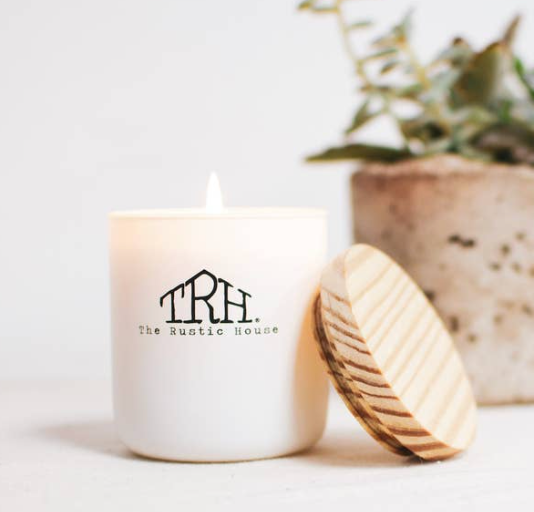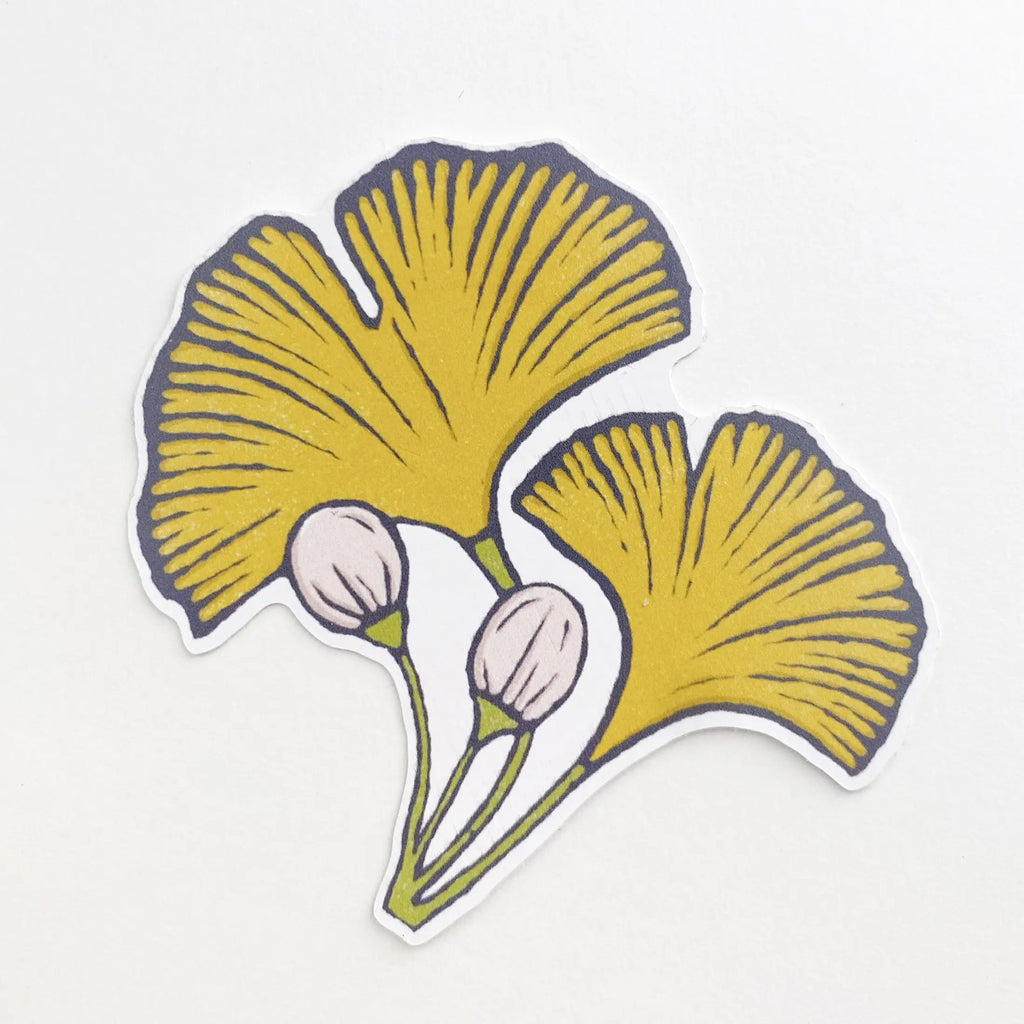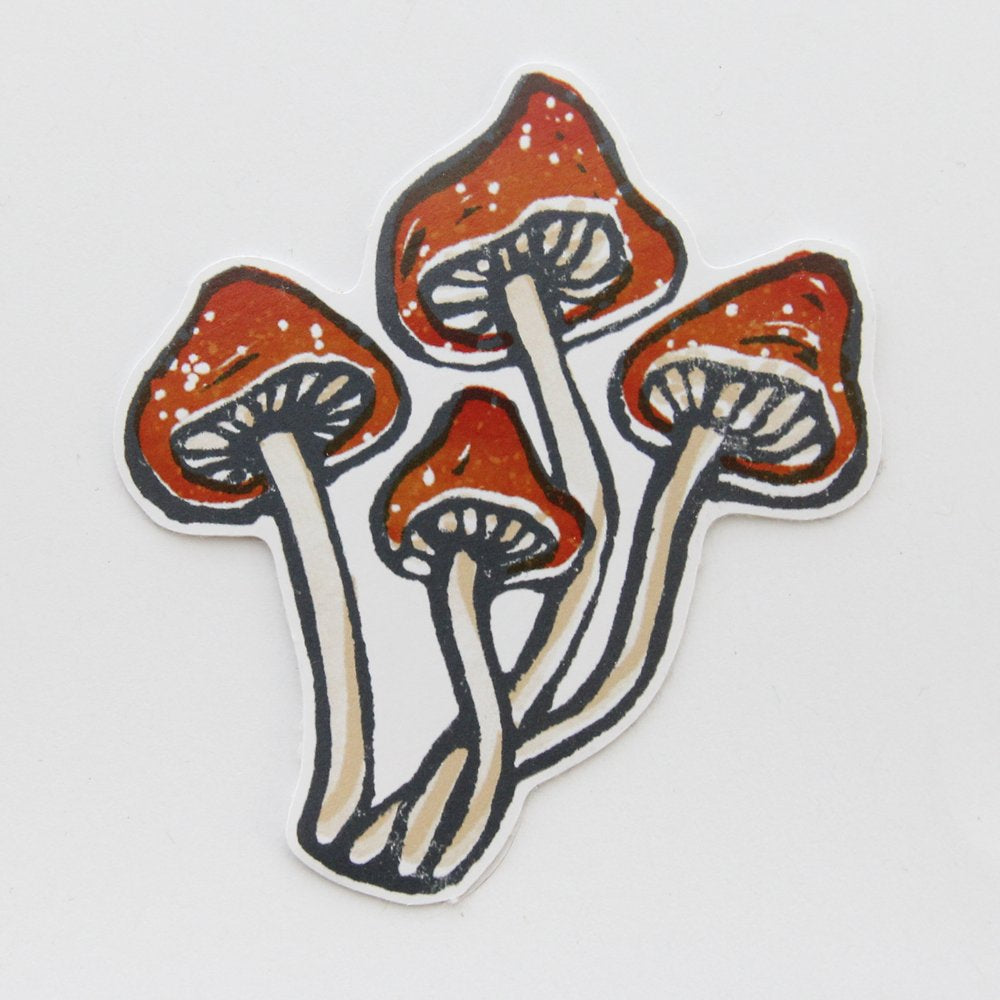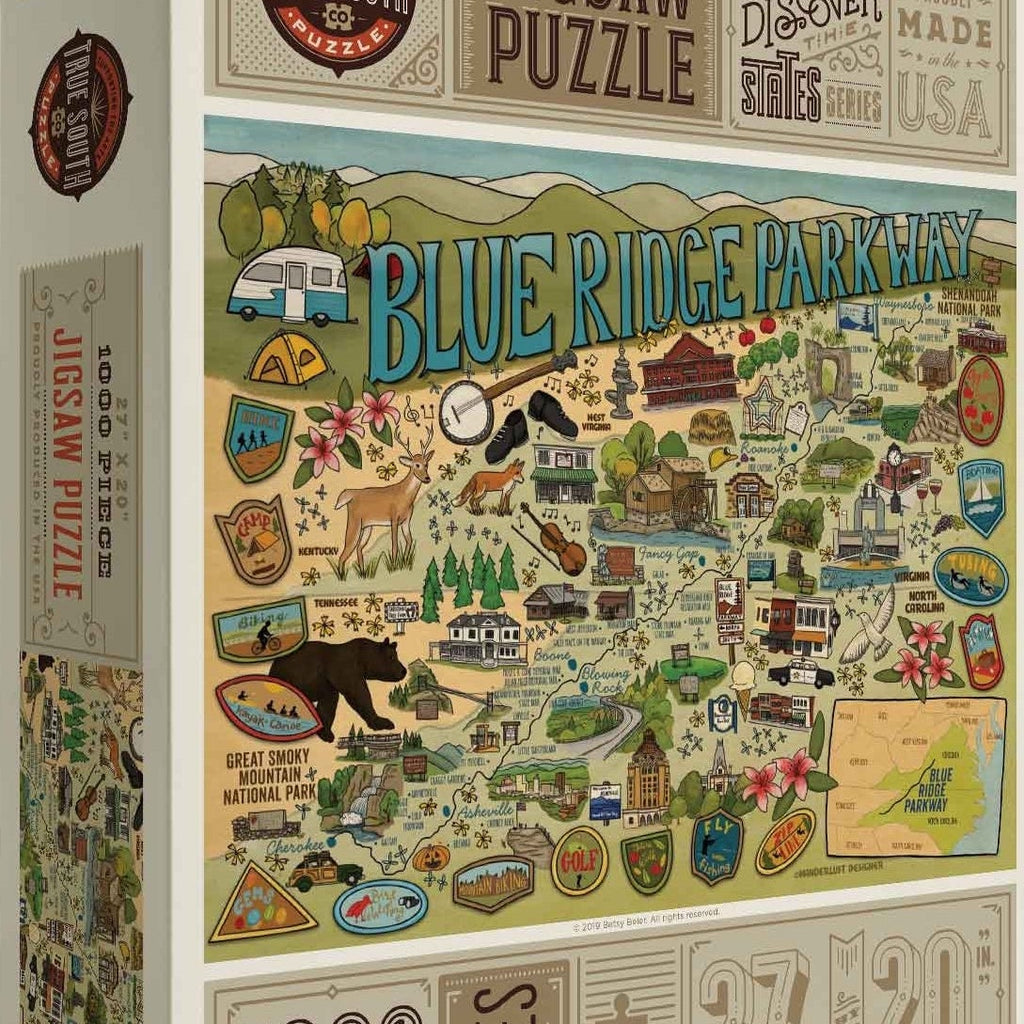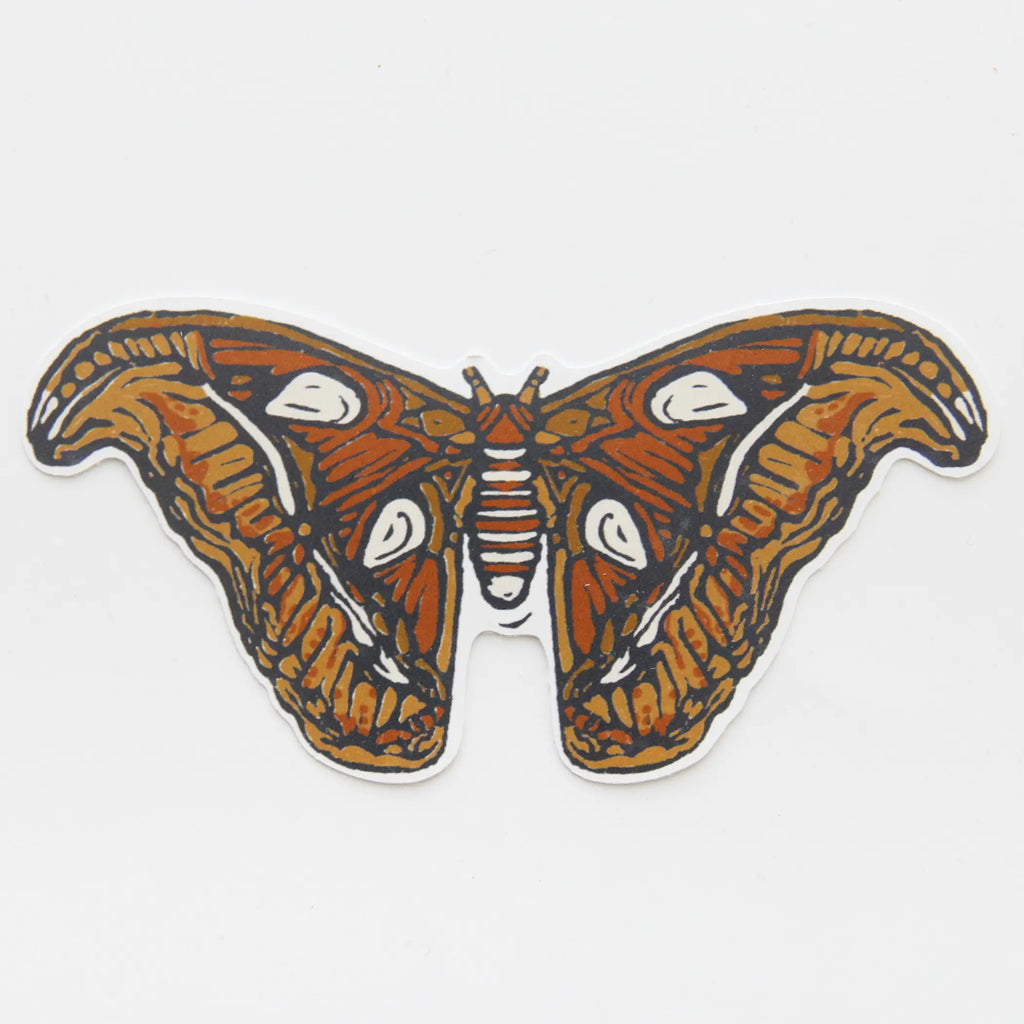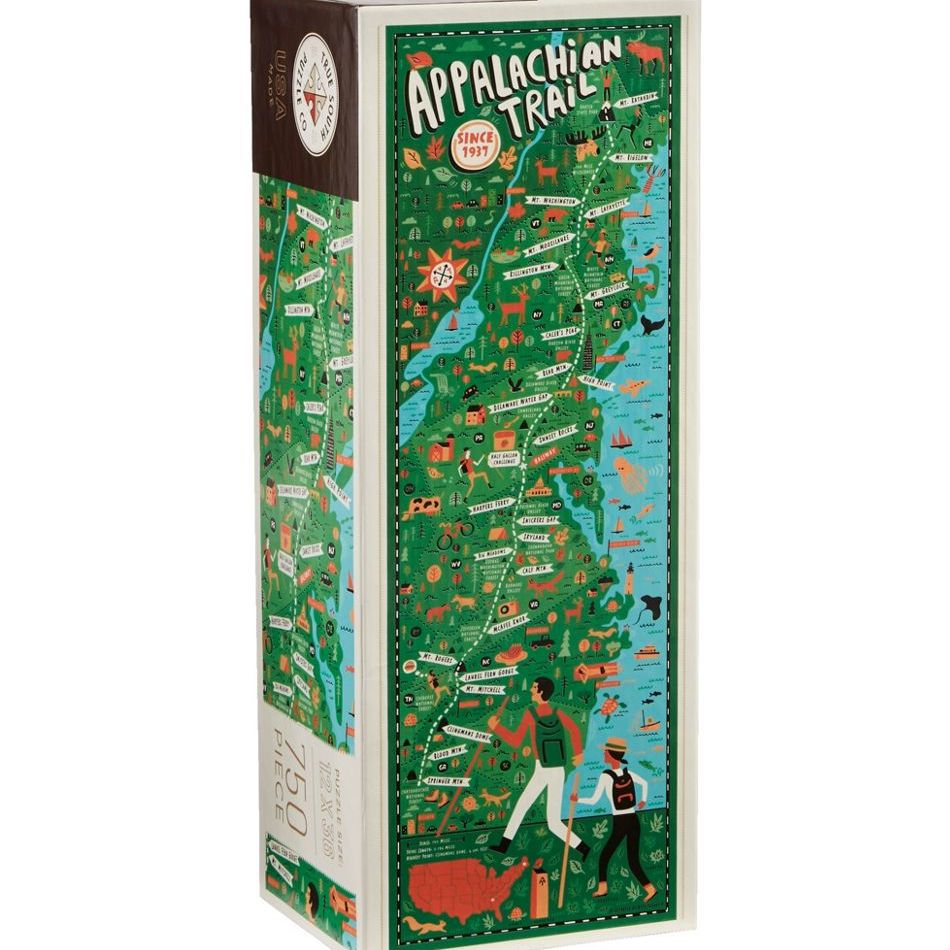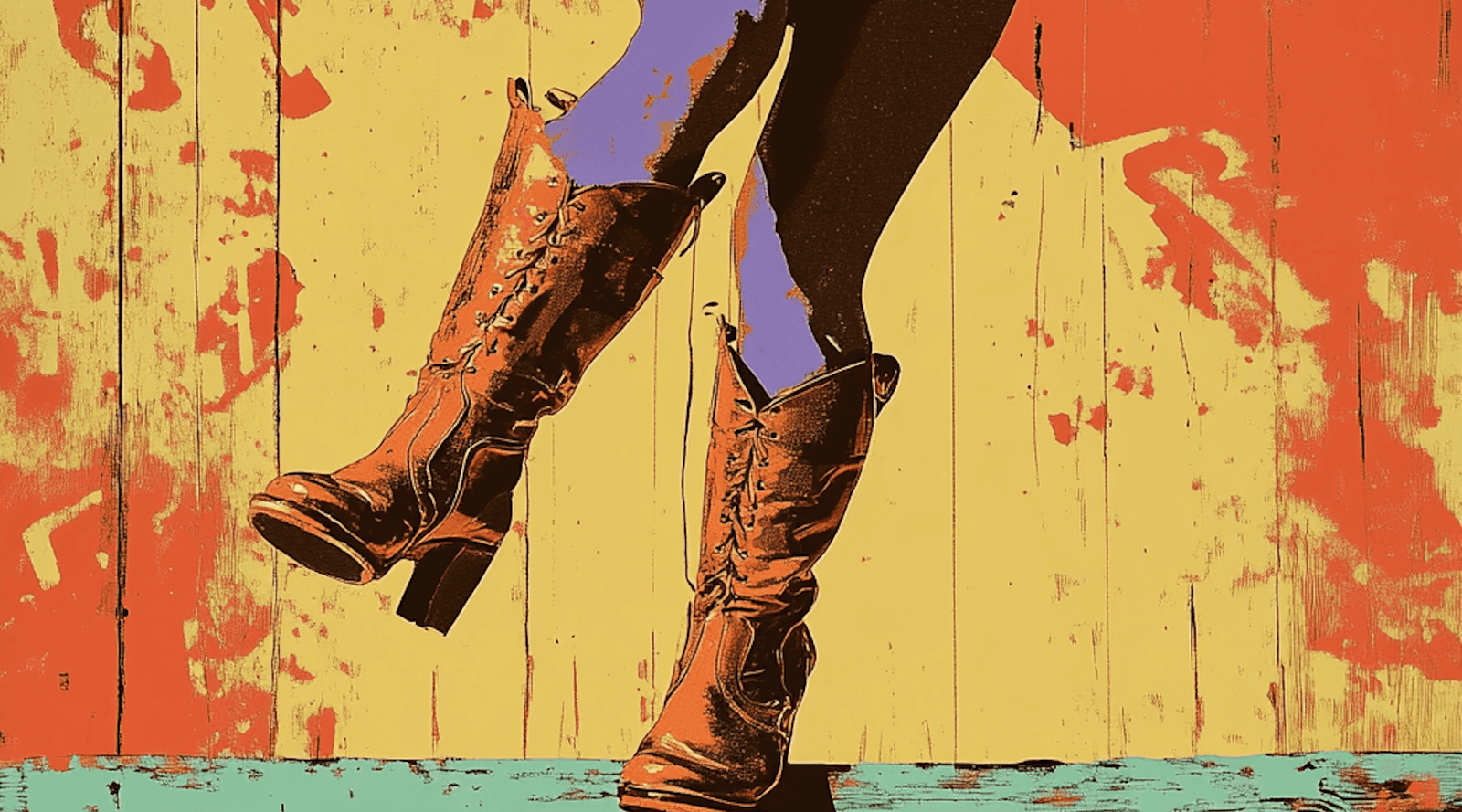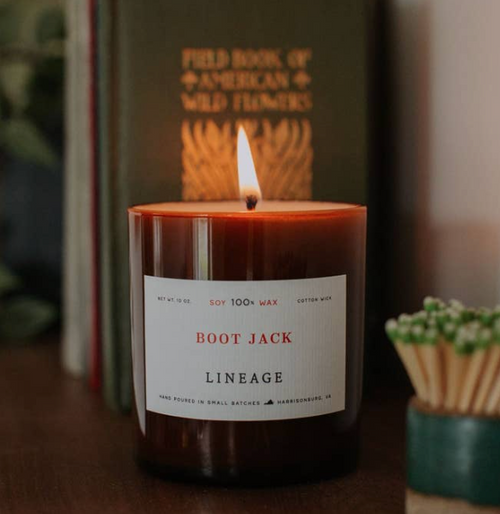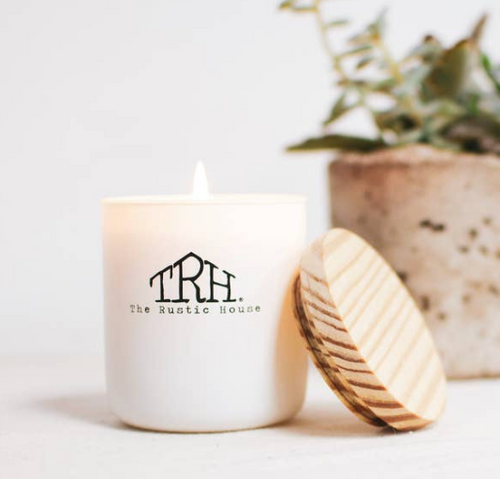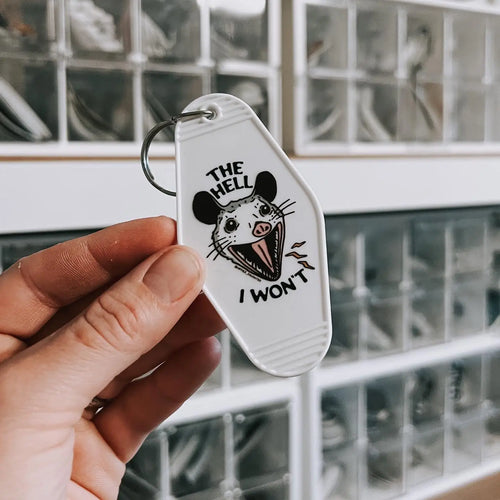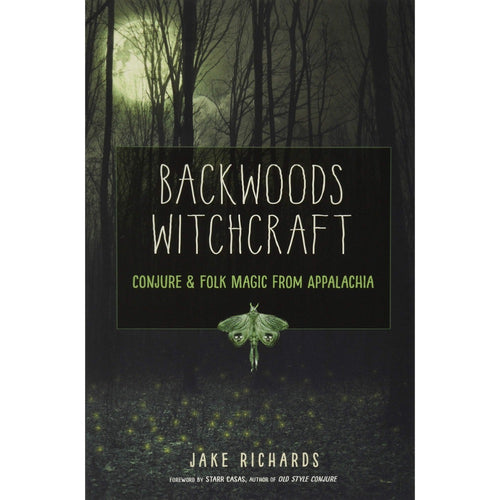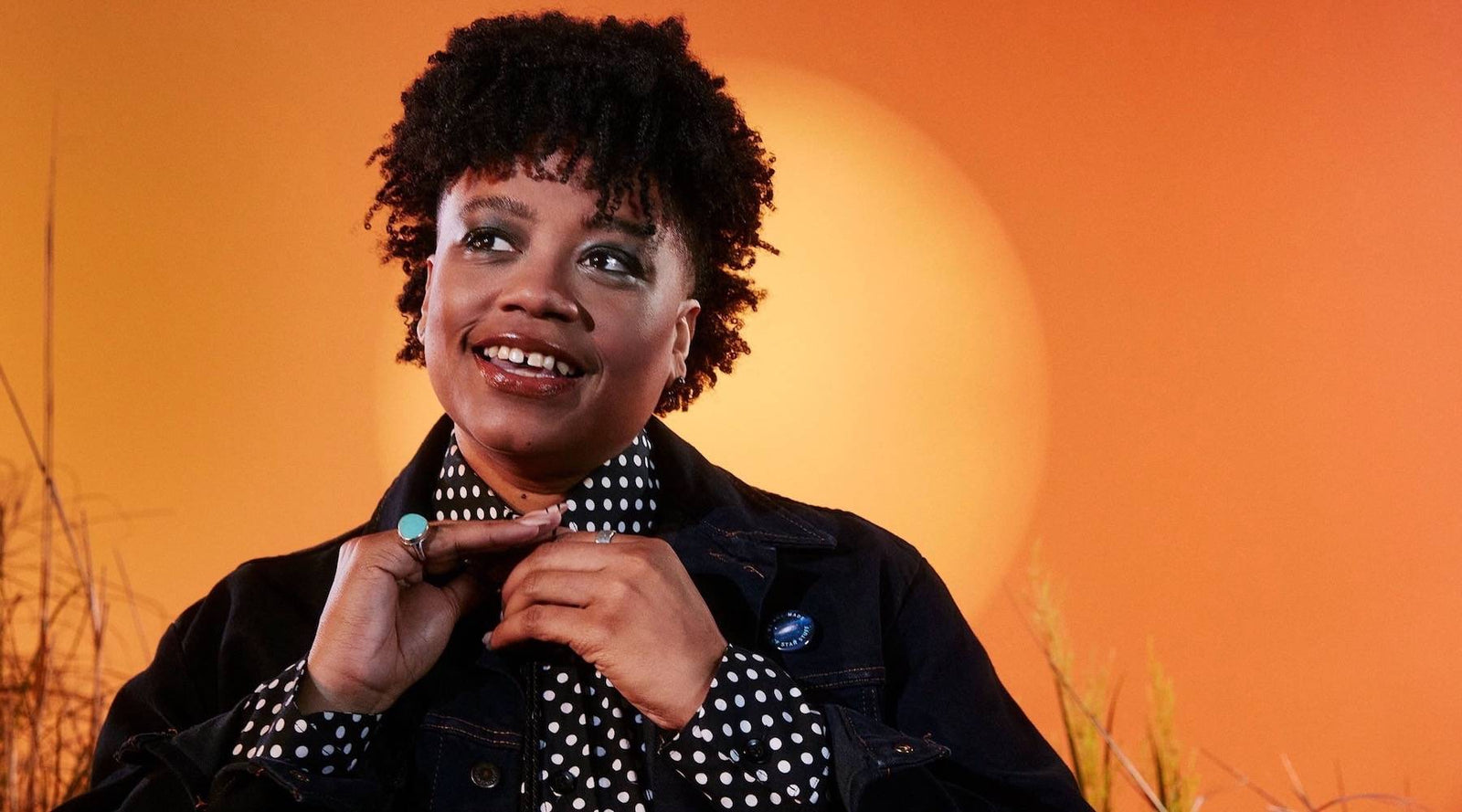
MUSICIAN Amythyst Kiah. PHOTO BY KEVIN & KING.
East Tennessee artist Amythyst Kiah revives an Appalachian murder ballad with eerie elegance.
As a Black, queer, metal-loving kid in a conservative, white suburb of Chattanooga, Tennessee, Amythyst Kiah grew up feeling like an outsider. “Even though my parents loved and accepted me, I never really saw where I fit in,” she said.
Music offered a soft place to land. As a teen, Amythyst found solace in the aching vulnerability of Tori Amos, Nirvana, and Radiohead, but later, while studying bluegrass and old-time music at East Tennessee State University, she started to appreciate traditional Appalachian music and the central but often overlooked role Black artists have played in shaping it.
“Studying roots music helped me realize that Southern Appalachia — this place I’d grown up in and felt so disconnected from — is part of my story, too,” Amythyst said. “It grounded me.”
It also opened the door to the darker side of Appalachian songcraft: murder ballads.
ALSO FROM TENNESSEE
Every purchase helps keep our Appalachian magazine alive, thriving, and free to readers like you.
“They’re just super sad, depressing songs, and I’m drawn to that kind of thing,” Amythyst added with a laugh.
Her affinity for musical noir comes through loud and clear in her haunting rendition of “In the Pines” (Apple | Spotify), a 19th-century murder ballad believed to have originated in Appalachia. Passed down through generations, it’s been recorded by everyone from Bill Monroe to Nirvana. These very different artists represent two very different genres that ground Amythyst’s music — old-time and indie rock — but she wasn’t about to replicate either of their styles.
To put her own spin on the tune, Amythyst collaborated with producer Butch Walker (known for his work with Taylor Swift, Green Day, and Weezer), who suggested using a rubber bridge guitar — an instrument with a low-fidelity tone reminiscent of a plucked cello. The resulting sound is ghostly and raw, perfectly suited to a song about love, loss, and lingering grief.
Grief is familiar terrain for Amythyst, whose 2021 album, “Wary + Strange,” confronts the trauma of losing her mother to suicide when she was just 17. The record earned critical acclaim from Rolling Stone and Pitchfork, and its standout track “Black Myself” garnered her a Grammy nomination.
Amythyst’s latest release, “Still + Bright,” marks a bold evolution. According to the artist’s website, the album delves into her interest in Eastern spirituality and the connection she feels to the natural world.
“Now I’m at a point where I’m confident in what I value and love,” Amythyst said, “and because of that, I’ve made the album I’ve always wanted to make.”


